新入职教授介绍 PROFILE
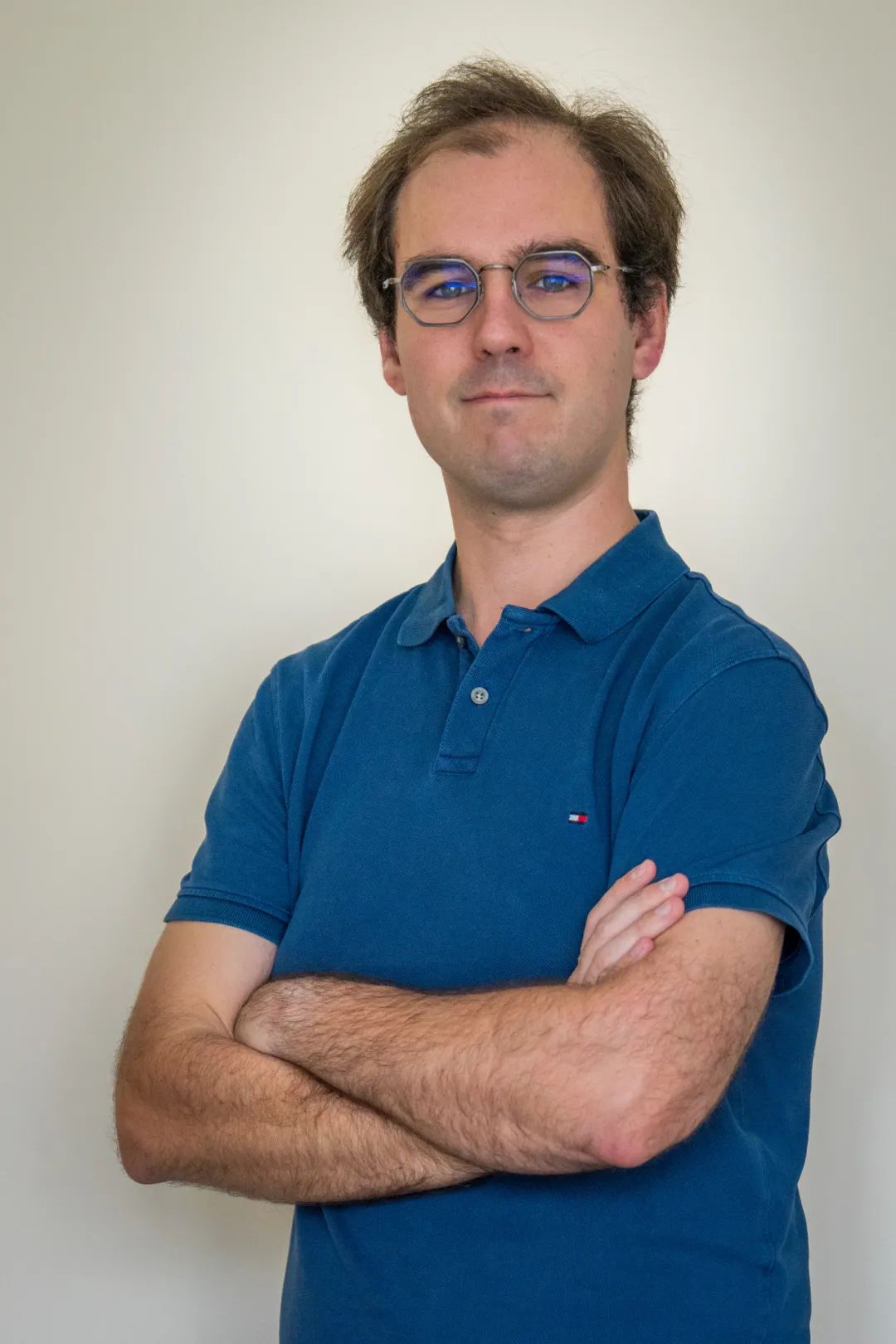
Xavier Lagorce
信息科学与技术学院
助理教授、研究员、
博士生导师
╱ Profile ╱
Xavier Lagorce, Ph.D., is an Assistant Professor, Researcher and Doctoral Supervisor of the School of Information Science and Technology of ShanghaiTech University. He obtained a bachelor's degree in Electrical Engineering and a master's degree in Robotics from École Normale Supérieure de Cachan and Sorbonne University in France in 2009 and 2011 respectively as well as a doctorate from Sorbonne University in 2015 (supervisor: Ryad Benosman). Now he has joined the STAR Center for Automation and Robotics of the School of Information Science and Technology of ShanghaiTech University.
Dr. Lagorce's research directions include Neuromorphic sensing and computing, especially the application of Event-Based cameras to robotics in fields such as navigation, SLAM, 3D reconstruction, visible light communication or scene monitoring. After his Ph.D., he joined the industry where he has been active for the last 10 years. He was part of the early members of Prophesee, one of the current leaders in Event-Based vision sensors where he was acting as Innovation and Special Project's director as well as CTO for the Chinese branch. He was also a co-founder of the Neuromorphic computing start-up GrAI Matter Labs in 2016. Those experiences led him to more than 21 publications and 13 patents as well as being awarded the MIT Innovators under 35 award in 2018.
╱ Written words to the students╱
The scientific journey is a long and tumultuous one but is as equally rewarding. In your late studies and your first steps in research you will probably feel a little lost, but it is a sign that you are reaching into the unknowns of the world. Paving the way, stone after stone, for the next generation of scientists to follow you into, yet unexplored, scientific areas.
This is the kind of research that always attracted me. Challenging old paradigms and exploring new topics that only a few had seen before. When looking at the history of research or famous researchers talking about their work, breakthroughs often look simple and easy but they are always the outcome of hard, and sometimes life-long, work.There is no single way of looking at research and any path can always bend towards a new destination. I strongly encourage you to explore, try and find your way through research. Only the joy of working on something you love and believe in can bring success in our fields where competition is everywhere. Find this, and research won't be work.
╱ Brief introduction of
research direction
and research content ╱
Dr Lagorce's research revolves around Neuromorphic Engineering, especially event-based cameras and Neuromorphic computing.
Neuromorphic Engineering is a new application field that finds its roots a few decades ago in the US. The basic idea is to notice that the underlying processes that rule the behaviors of neurons in our brain are quite similar to the equations of our modern transistors. Instead of building typical digital circuits, one should then be able to build electronic circuits quite similar to the brain but with much faster dynamics, if only we can understand how neurons interconnect.
Event-based cameras are a first approach to this which aims at reproducing one of the most accessible part of the brain: our eyes and especially the retina. They take inspiration in those biological devices to change how we acquire the visual information into a digital system. All pixels become independent, like the photoreceptors of our eyes, looking for changes in the light they receive and notifying the brain when that happens. Frames no longer exist, only events. Time is becoming the most valuable information.
Those sensors allow to acquire very sparse data because they only sample updates to the visual scene. They can sense very fast changes as well as adapt to very diverse light conditions. Those properties make them ideal to be integrated into robots or low-power systems.
More and more companies are building such kind of sensors and they are becoming a mature available consumer product. But the shift from frames to events also calls for a paradigm shift in how we process this data in computer vision. Those new approaches, and the applications they unlock are at the center of Dr Lagorce's research.
Those algorithms are also a direct foray into what computing with events or spikes can be, thus paving a way to explore new computing architectures that are no longer bounded by the large memory storages and transfers required by frames. Such non Von Neumann architectures, like neuromorphic computing systems and chips are one of the possible future of computing as we know it today.


Event-based Vision for Robotics
The most direct applications of the team are geared towards robotics. Event-based sensors offer a very sparse and precise way of measuring dynamic information such as motion. Comparing this data to the images that we were used to is a total game changer. Instead of a few frames per seconds where objects are jumping around, you now get a fully dense sampling of moving objects or edges through every pixel they cross. Algorithms can now process when things happen instead of where they happen.
This offers broad new perspectives into the perception of speed and motion and several of our research projects are looking into optical flow and navigation algorithms such as visual odometry or Simultaneous Localization And Mapping (SLAM).
We are also interested in new ways to represent those motions, going for more continuous representations to replace typical time sampled trajectories in order to better describe the evolution of objects' position through space as well as their characteristics such as speed and acceleration.


Active Light Systems
Since Event-based cameras are very good at seeing fast and fleeting things, we are also interested in active systems where we now control the light sources. This encompasses a broad range of applications where the light is reflected by surfaces, like structured light for 3D reconstruction or where the light sources are directly observed by the cameras like Visible Light Communication (VLC).
VLC is a quite interesting topic that can move object markers beyond the typical limits of QR-codes or other similar 2D patterns used today in computer vision.


Spatial Monitoring
Another key limitation of today's computer vision systems, especially related to artificial intelligence, is the amount of computing resources (and power) they require to operate. This limits the scaling possibilities of such systems because of the costs they would create, both in term of hardware but also in energy consumption.
Scaling such AI systems to simpler hardware and low-power platforms is a key challenge for deploying intelligent systems at large scales like cities and is a very rewarding new research topic for event-based cameras as smaller and cheaper sensors become available.
╱Expectations
for the students of the
research group ╱
As its name suggests, the Neuromorphic Sensing and Computing Laboratory is all about Neuromorphic Engineering. Today, we focus mainly on event-based cameras with an outlook towards building algorithms that fit well neuromorphic computing platforms. Beyond this, we are open to any kind of topics. Our proximity to the robotics community is motivating our current projects but any field where those technologies can have a deep impact is of interest to us.
If you come join our lab, we will help you explore application domains so that you can find a project that motivates you and makes you happy to wake-up to push it further !
Our only requirement is that you come with passion and an open mind... because going from frame-based computer vision to its event-based counterpart is quite a paradigm shift that you need to be willing to do. But when you will have shifted your way of thinking, new and unsuspected horizons will become available to you.
Interests & Hobbies
I am the father of 2 small kids that are delightfully occupying a lot of my spare time out of research and helping me bring patience as a core value to my teaching. When I have some free time left I enjoy traveling, listening to music, watching a good movie/TV show, killing time on a golf course or trying to brew some nice coffee (some says I'm kind of a coffee geek).
I also quite enjoy photography and scuba diving (which is considered an extreme sport in France with its long pioneering history in the field)... or sometimes doing both at the same time.
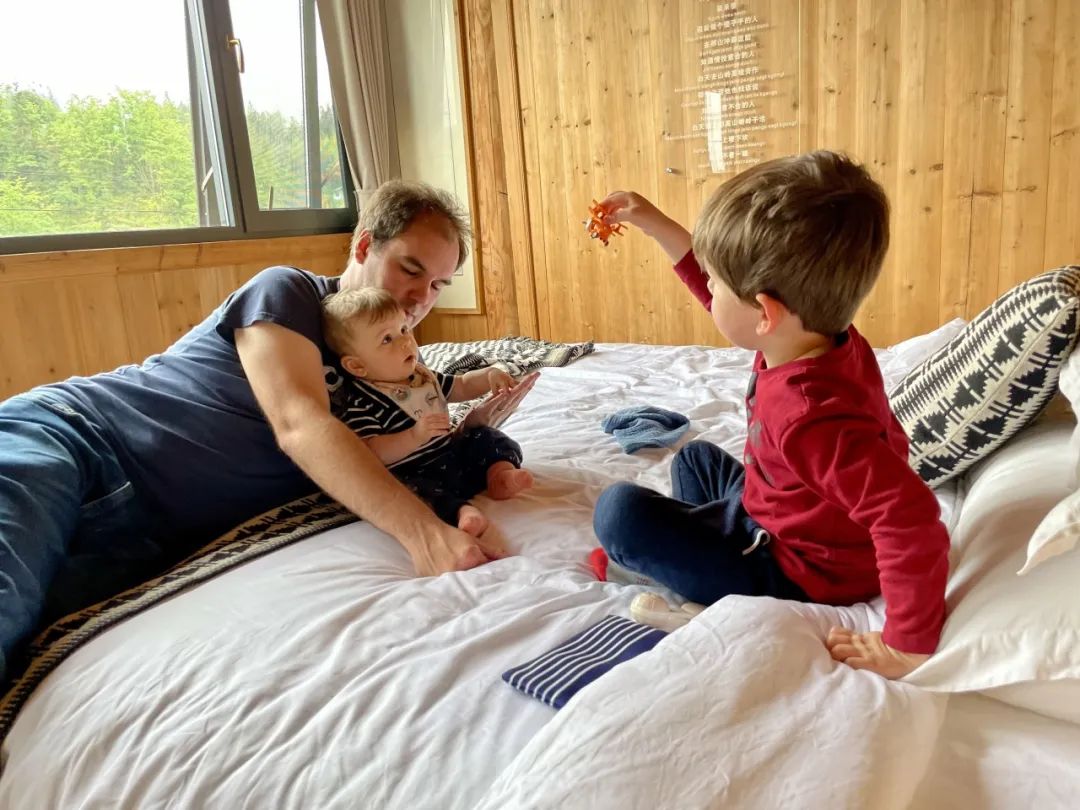
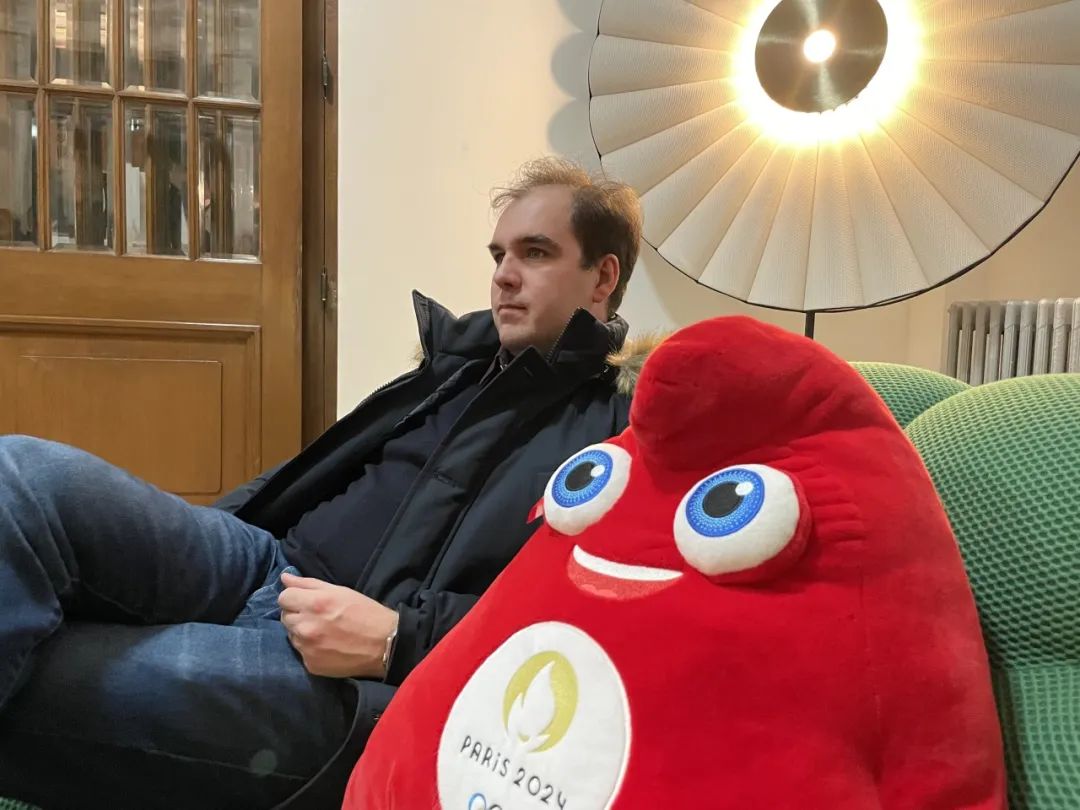
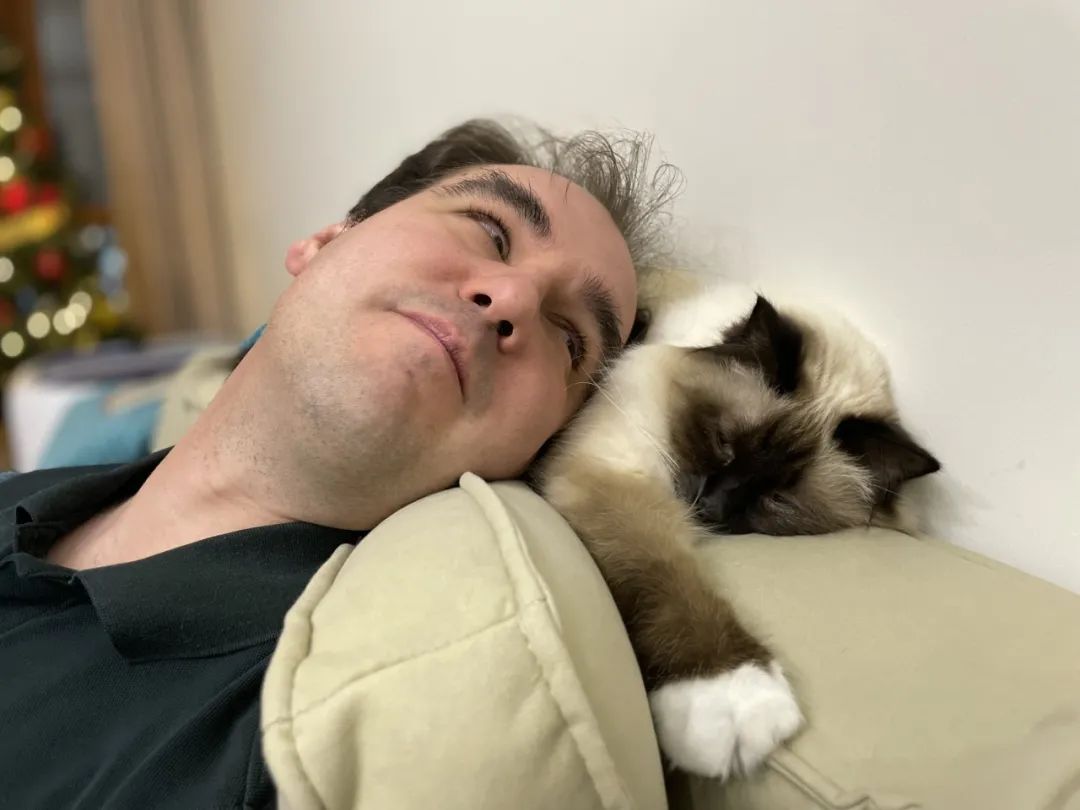
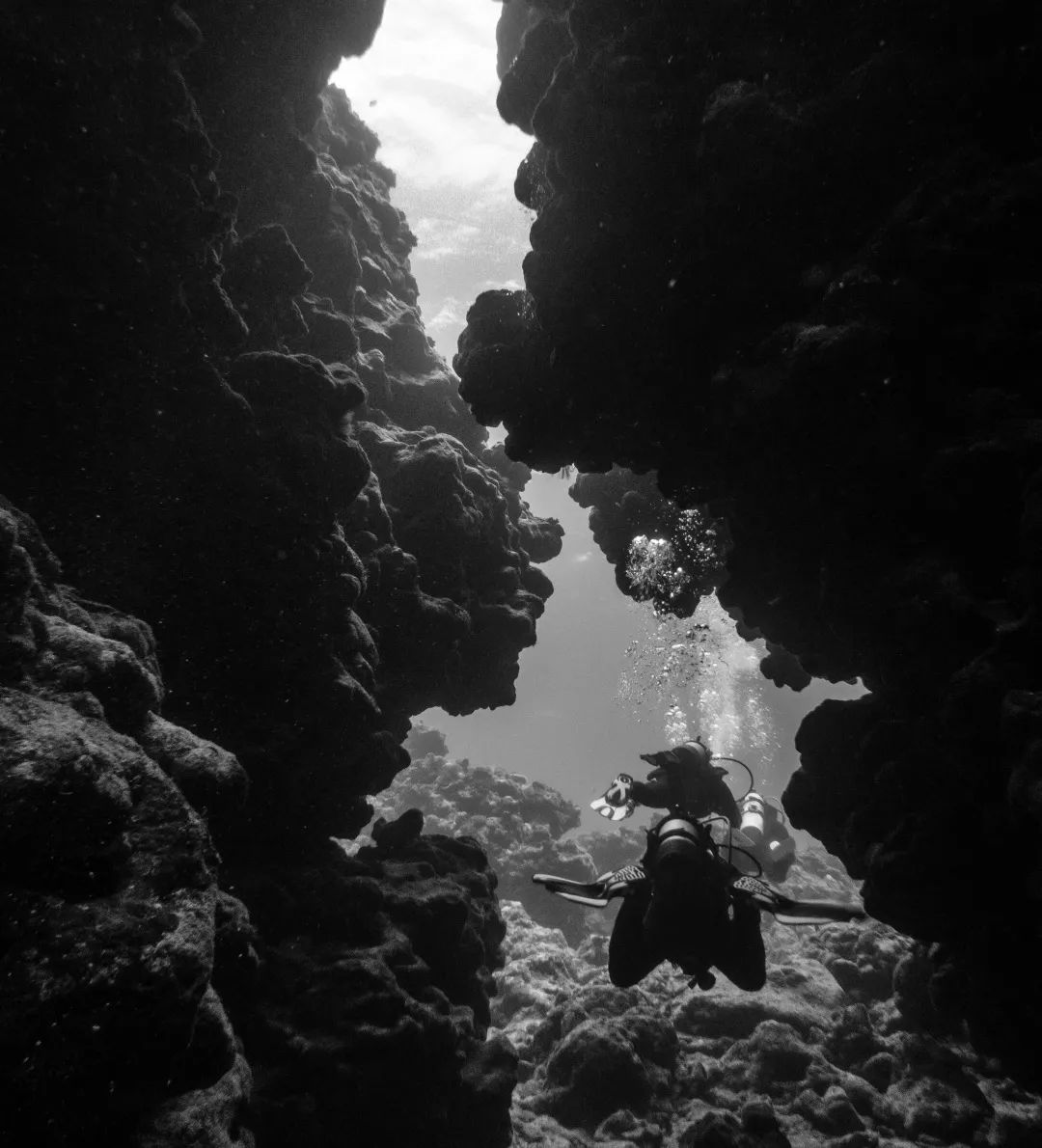




 沪公网安备 31011502006855号
沪公网安备 31011502006855号


